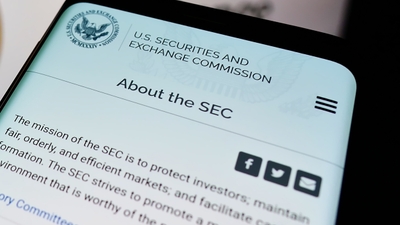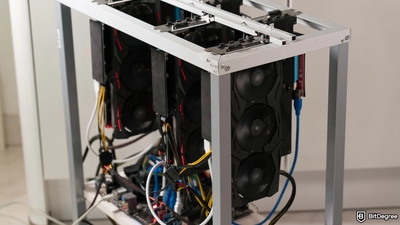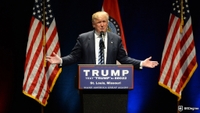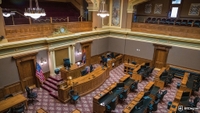The Congress of United States Rolls Out Stablecoin Framework Draft Bill
According to the bill, unregistered stablecoin issuers could face up to five years in prison and a $1 million fine.
A new draft bill outlining a regulatory framework for stablecoins in the United States has been unveiled, suggesting the Federal Reserve should oversee non-bank stablecoin issuers like Tether and Circle.
The draft, published in the House of Representatives document repository on April 14th, comes ahead of an April 19th hearing on the matter.

Did you know?
Subscribe - We publish new crypto explainer videos every week!
What is a Bitcoin & How Does it work? (Animated Explainer)


The proposed legislation states that insured depository institutions looking to issue stablecoins would be supervised by the appropriate federal banking agency, while non-bank institutions would fall under Federal Reserve jurisdiction.
On top of that, the bill notes that unregistered issuers could face up to five years in prison and a $1 million fine.
Non-US issuers would need to register to conduct business in the country. To gain approval, applicants must demonstrate their ability to maintain reserves backing the stablecoins with assets such as US dollars, Federal Reserve notes, short-term Treasury bills, or central bank reserve deposits.
Moreover, the issuers must showcase technical expertise, established governance and show the potential for stablecoins to promote financial inclusion and innovation.
Circle's CEO, Jeremy Allaire, commented on the draft bill in a Twitter thread, emphasizing the need for "deep, bi-partisan support for laws that ensure that digital dollars on the internet are safely issued, backed and operated."
The draft legislation also proposes a two-year ban on issuing stablecoins not backed by tangible assets. On top of that, legislators obligate the US Department of the Treasury to conduct a study on "endogenously collateralized stablecoins."
According to the document, an endogenous stablecoin "relies solely on the value of another digital asset created or maintained by the same originator to maintain the fixed price."
Moreover, the draft allows the US government to establish standards for stablecoin interoperability and recommends that Congress and the White House support a Federal Reserve study on the possibility of a digital dollar.
The digital dollar is a common topic among American legislators, with several of them claiming that CBDC could expose citizens to privacy risks.
This draft bill signals a potentially significant shift in how stablecoins are regulated in the US, with implications for both issuers and users.























